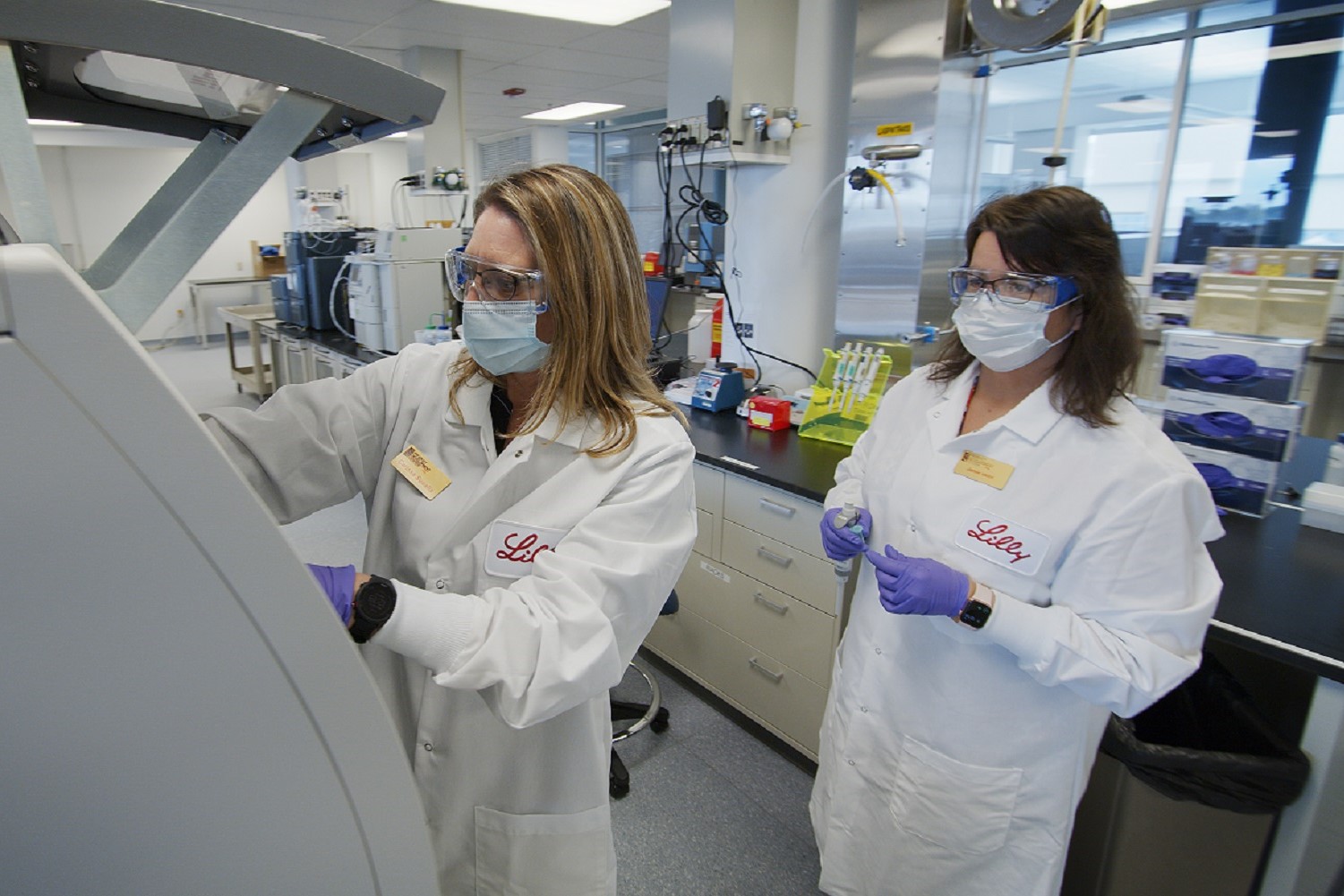
A startup company’s clinical program for a drug derived from an investigational therapy made by Eli Lilly & Co. announced a boost in funding Thursday.
Boston-based Karuna Pharmaceuticals said it had closed a $42 million Series A funding round, whose participants included ARCH Venture Partners, PureTech Health, the Wellcome Trust, former Third Rock Ventures partner Steven Paul and others. The company will use the money to fund a Phase II clinical trial in schizophrenia of its drug, KarXT, as well as expand its research into other therapeutic areas, like non-opiate treatments for pain.

With the Rise of AI, What IP Disputes in Healthcare Are Likely to Emerge?
Munck Wilson Mandala Partner Greg Howison shared his perspective on some of the legal ramifications around AI, IP, connected devices and the data they generate, in response to emailed questions.
KarXT – whose full name is Karuna-xanomeline-trospium chloride – is derived from xanomeline, originally developed by Indianapolis-based Eli Lilly and licensed by Karuna. Xanomeline is a muscarinic agonist that had shown efficacy in schizophrenia and Alzheimer’s disease, but had shown nervous system-related side effects. Xanomeline’s preclinical and clinical development history goes back more than 20 years, with PubMed listing journal articles about the drug from as far back as the early 1990s. Eli Lilly originally developed xanomeline under the company code LY246708.
Karuna’s approach is to combine the drug with trospium chloride, a muscarinic antagonist that acts only outside the brain and central nervous system. The company said that the approach of combining the agents has resulted in a clinically meaningful reduction in the aforementioned cholinergic side effects.
The company plans to start its Phase II study during this quarter, designed to replicate and expand on the efficacy and safety data that Eli Lilly had produced in its clinical trials of xanomeline.
The market for schizophrenia drugs is expected to reach $7.9 billion by 2022, according to a report by Grand View Research released in November 2017, which noted that there is significant unmet need, but generics will likely increase their share of the market. Other new drugs in development for the disease include Alkermes’s ALKS-3831 and Lundbeck’s Lu-AF35700, both of which are in Phase III clinical development.
Photo: Getty Images














